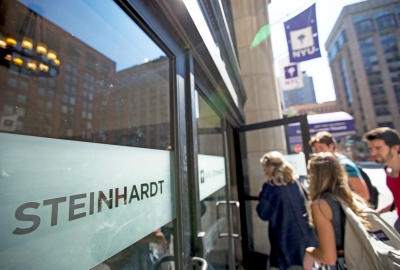This course explores Tango as an aesthetic, social, political, and cultural formation in Argentina and Latin America. During the rapid modernization of the 1920s and 1930s, Tango, formerly seen as primitive and exotic, emerged as a kind of modern art form and quickly came to occupy a central space in nationalist discourse. The course explores how perceptions of primitive and modern converge in this unique and exciting art, and considers tango as a global metaphor with connections to urban poverty, social marginalization, and masculine authority.
Course #
MCC-UE 9121
Credits
4
Department


